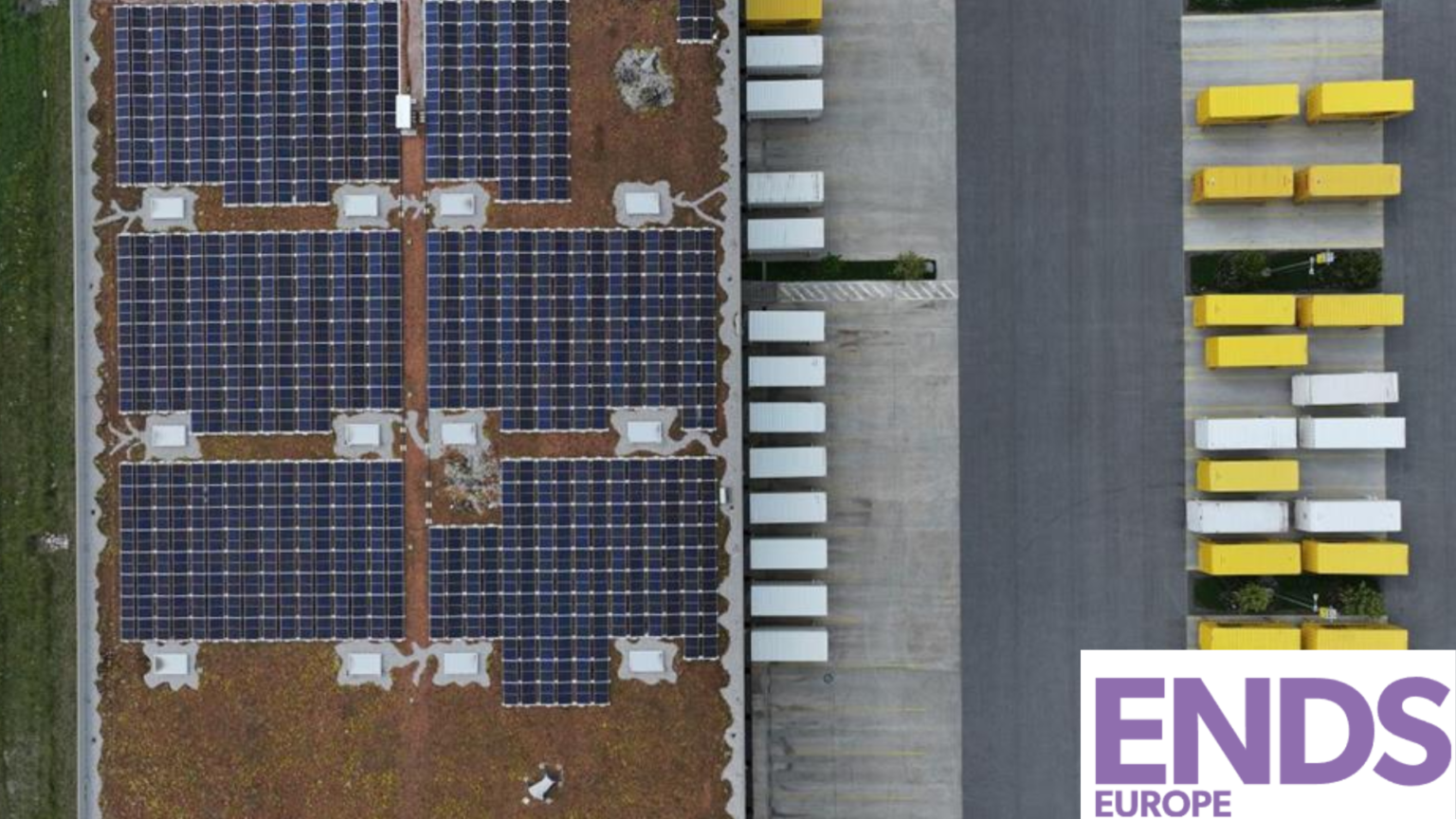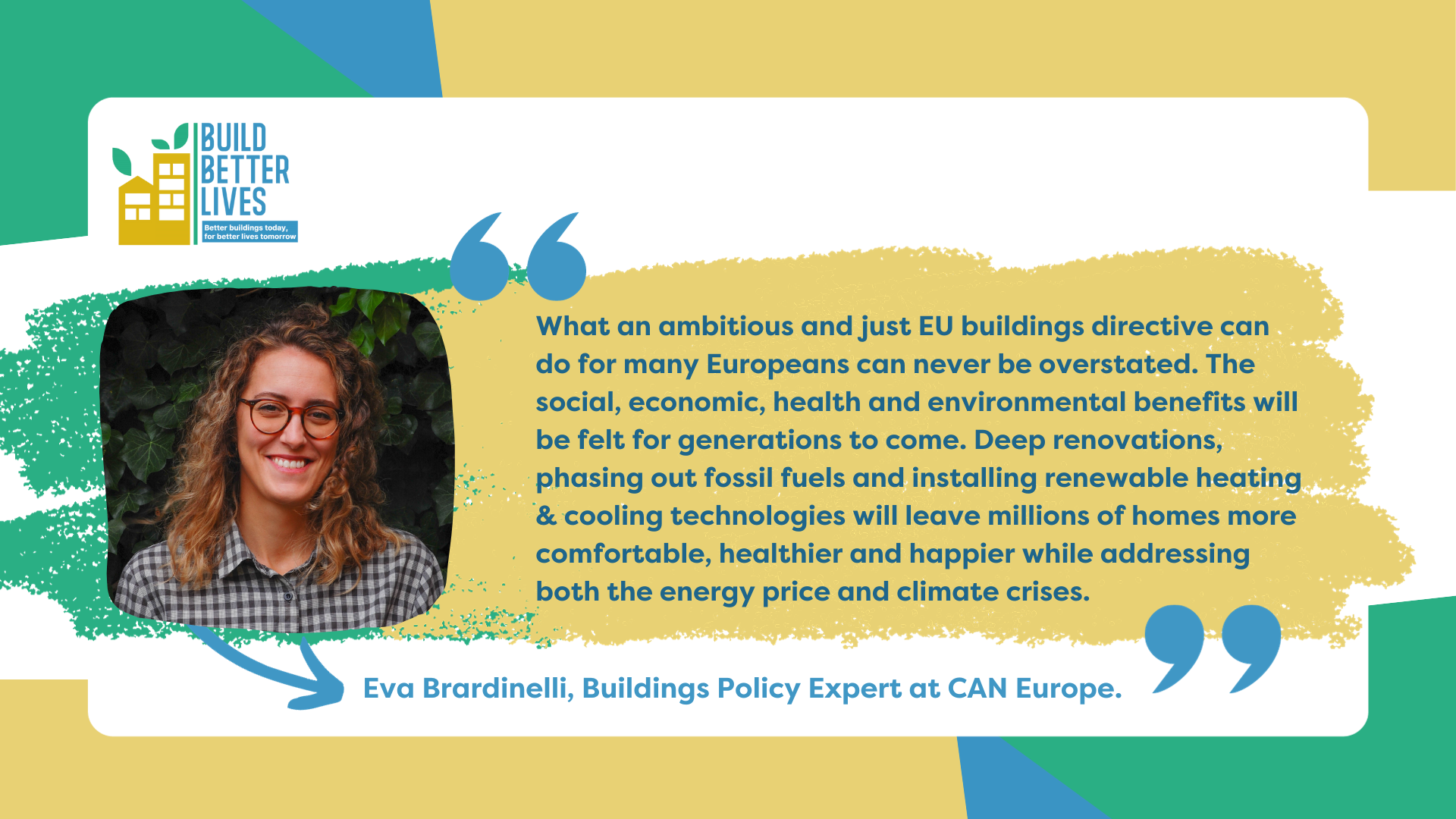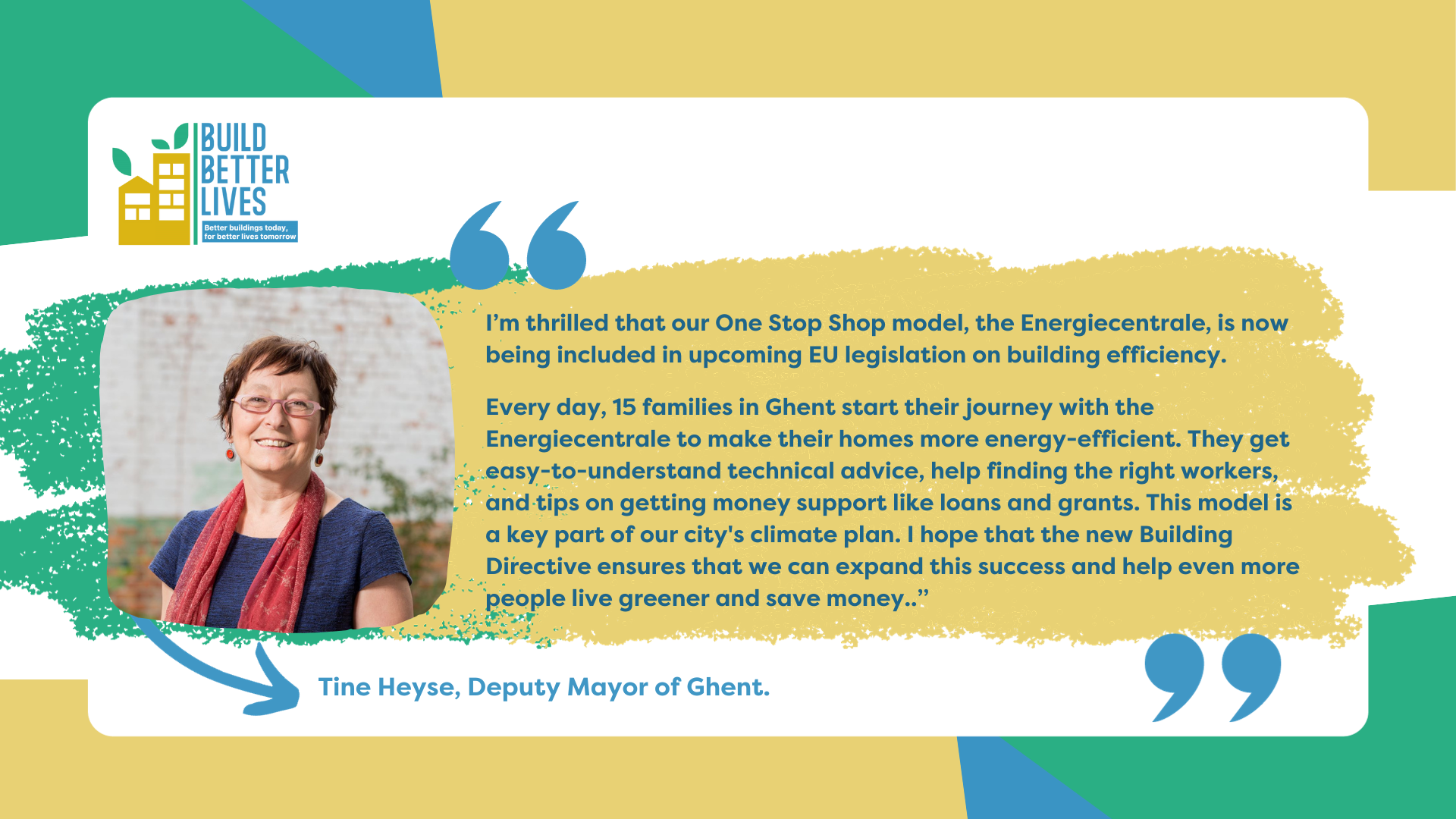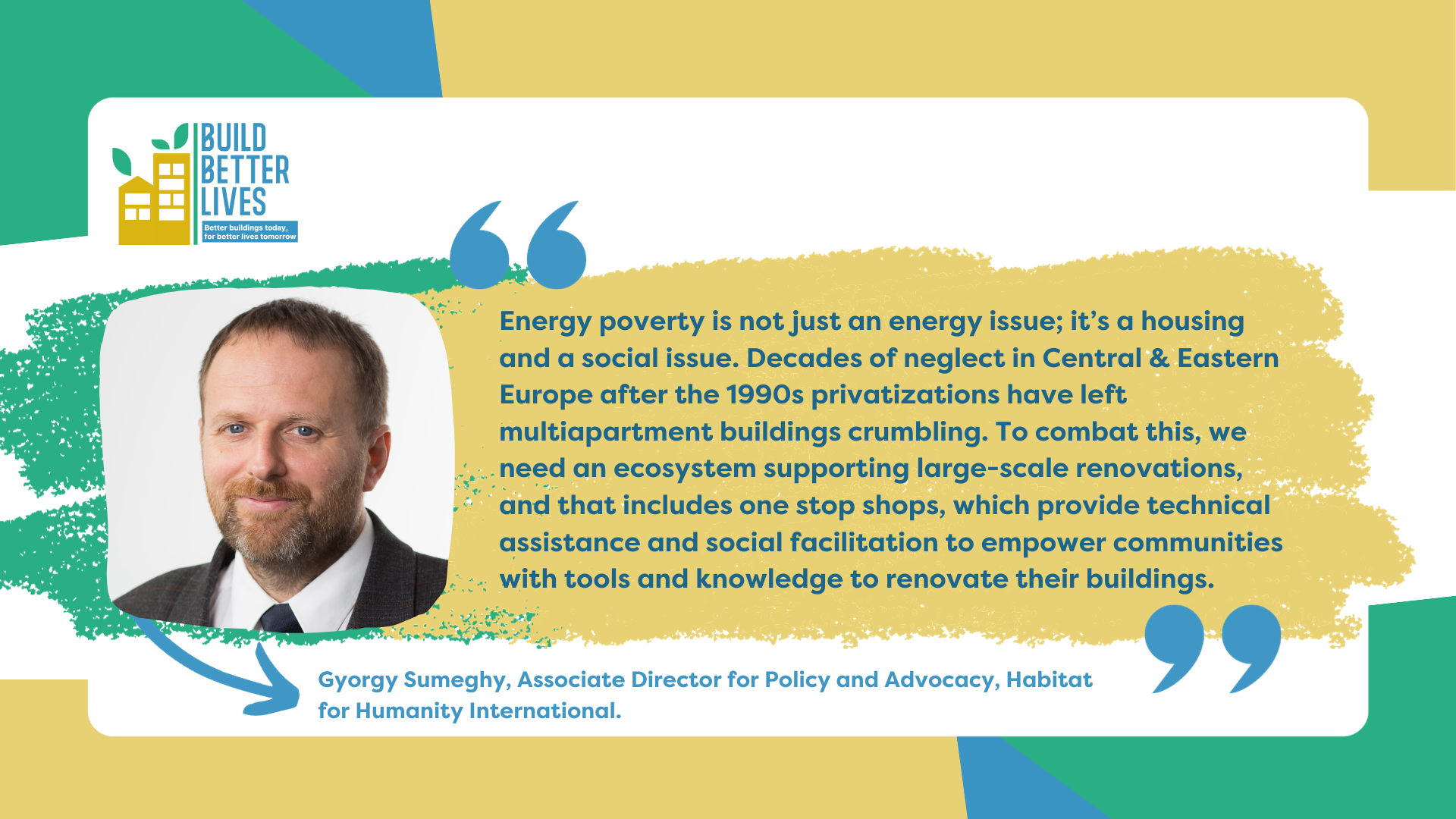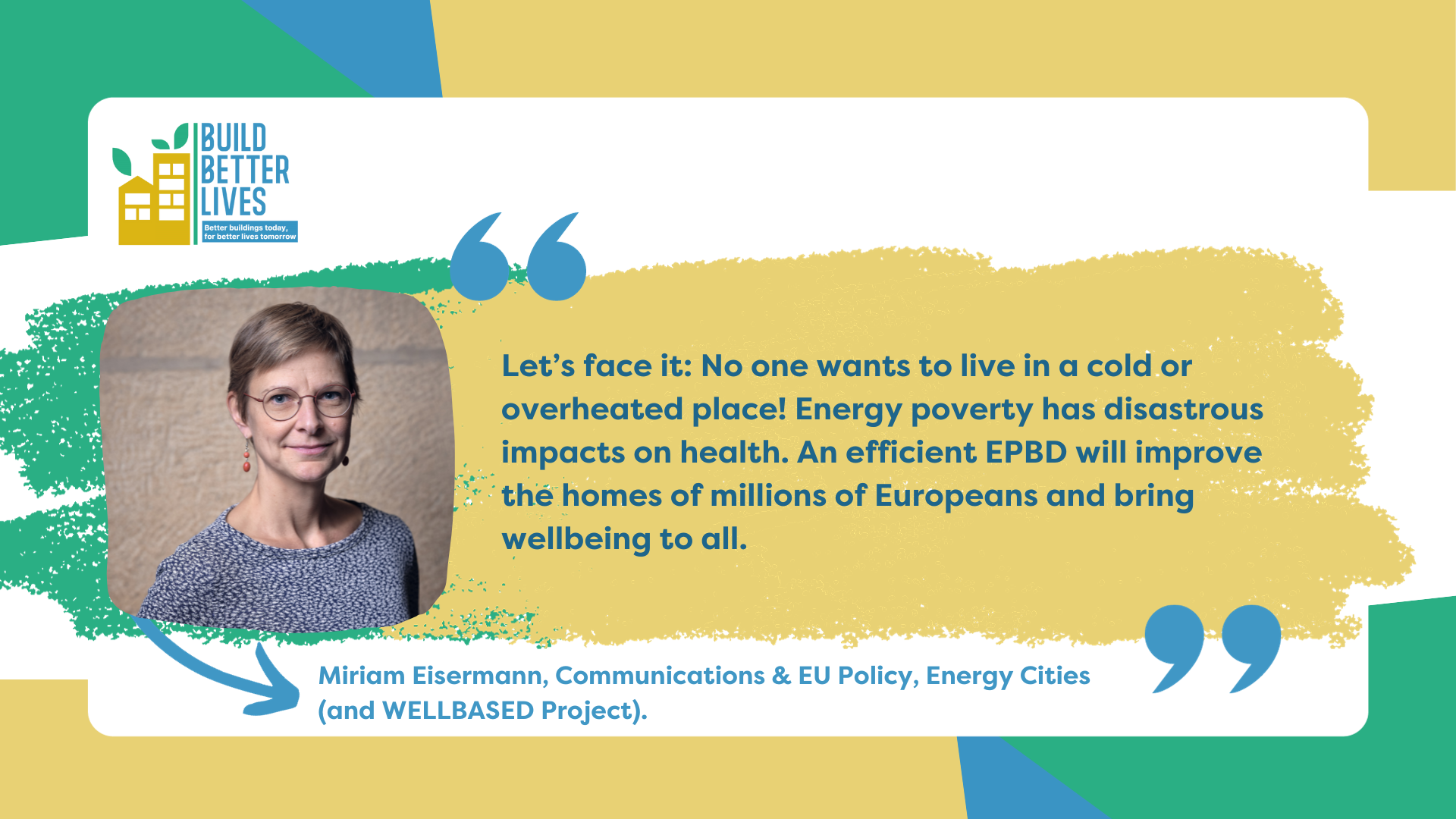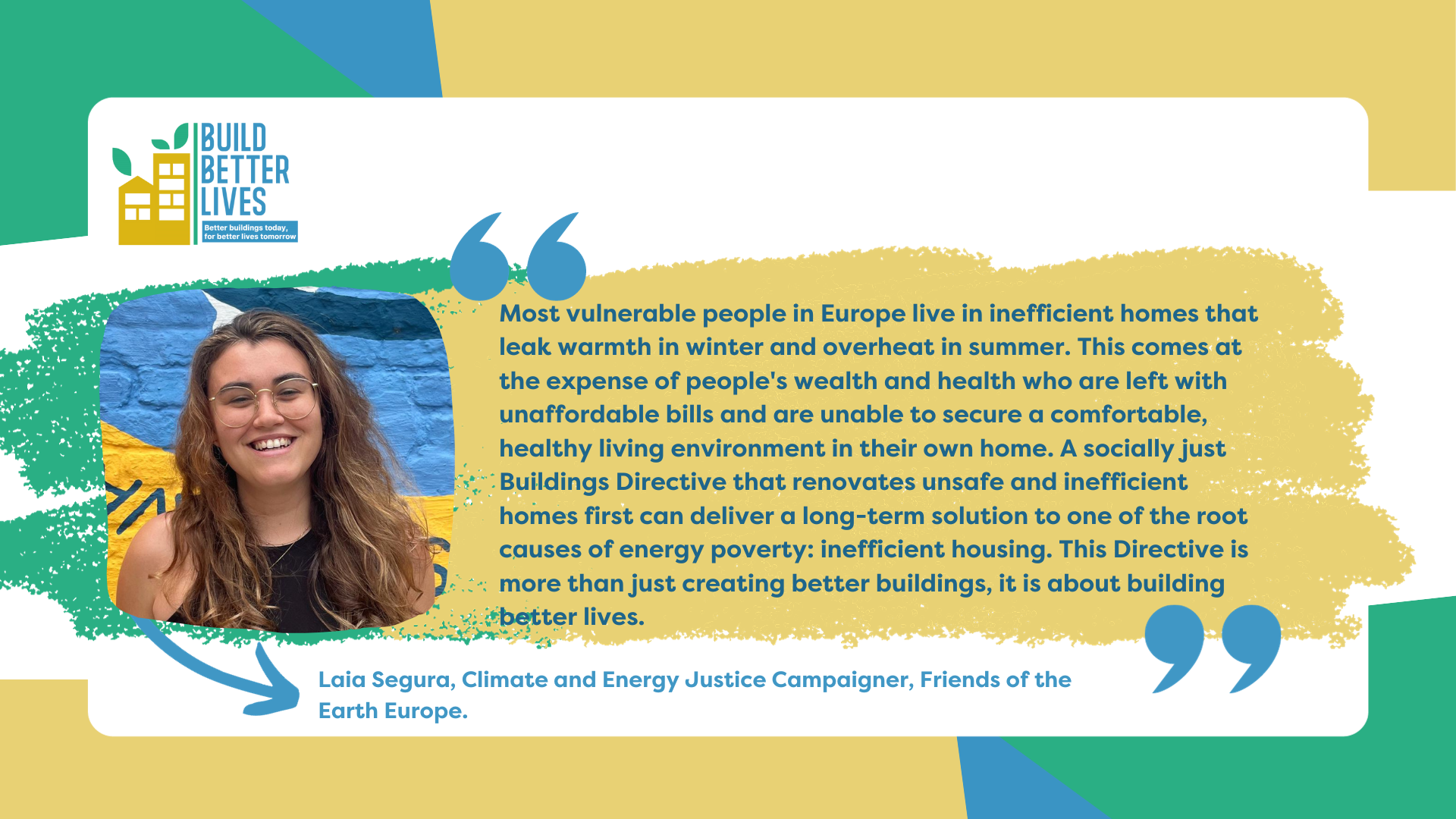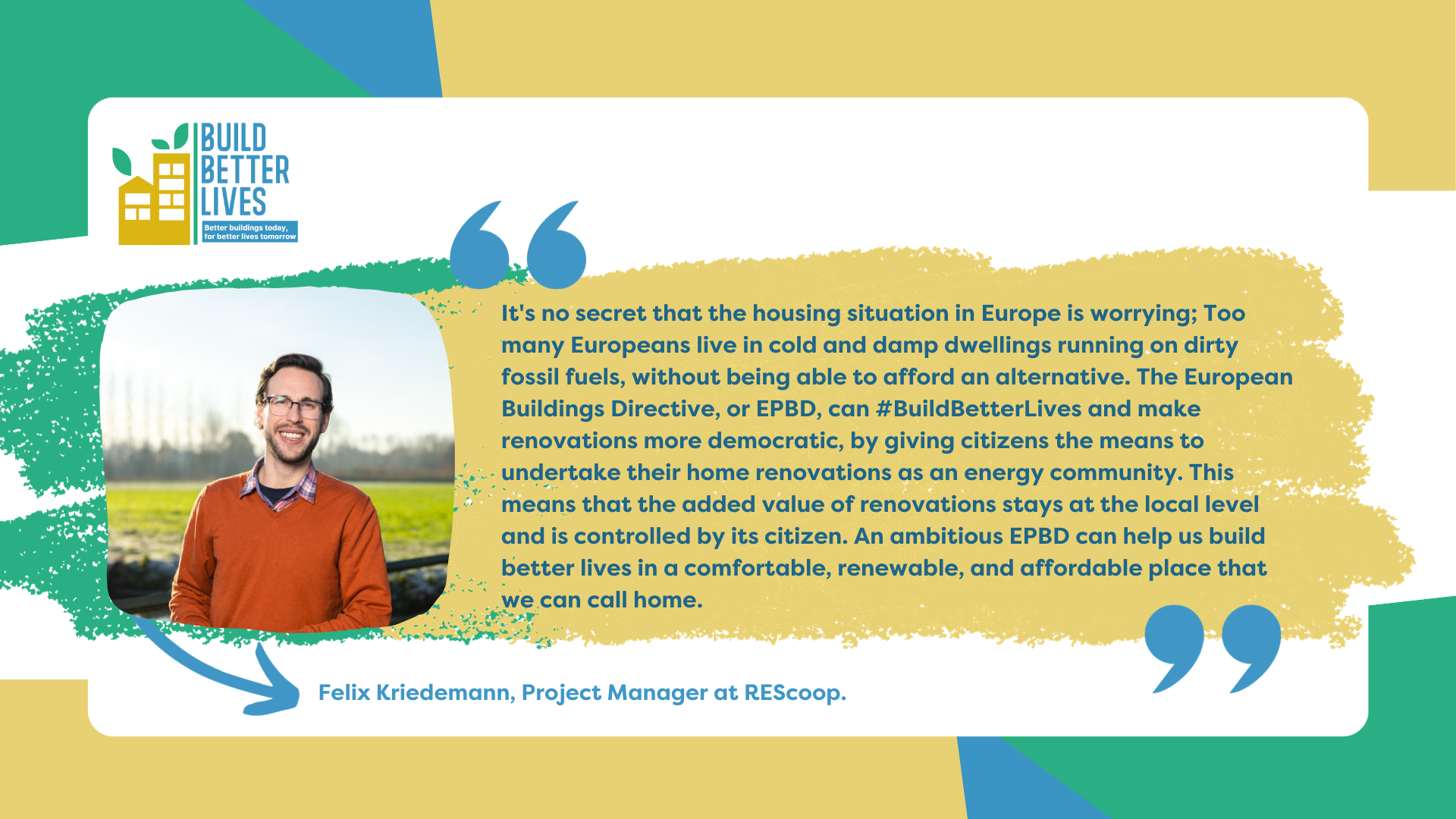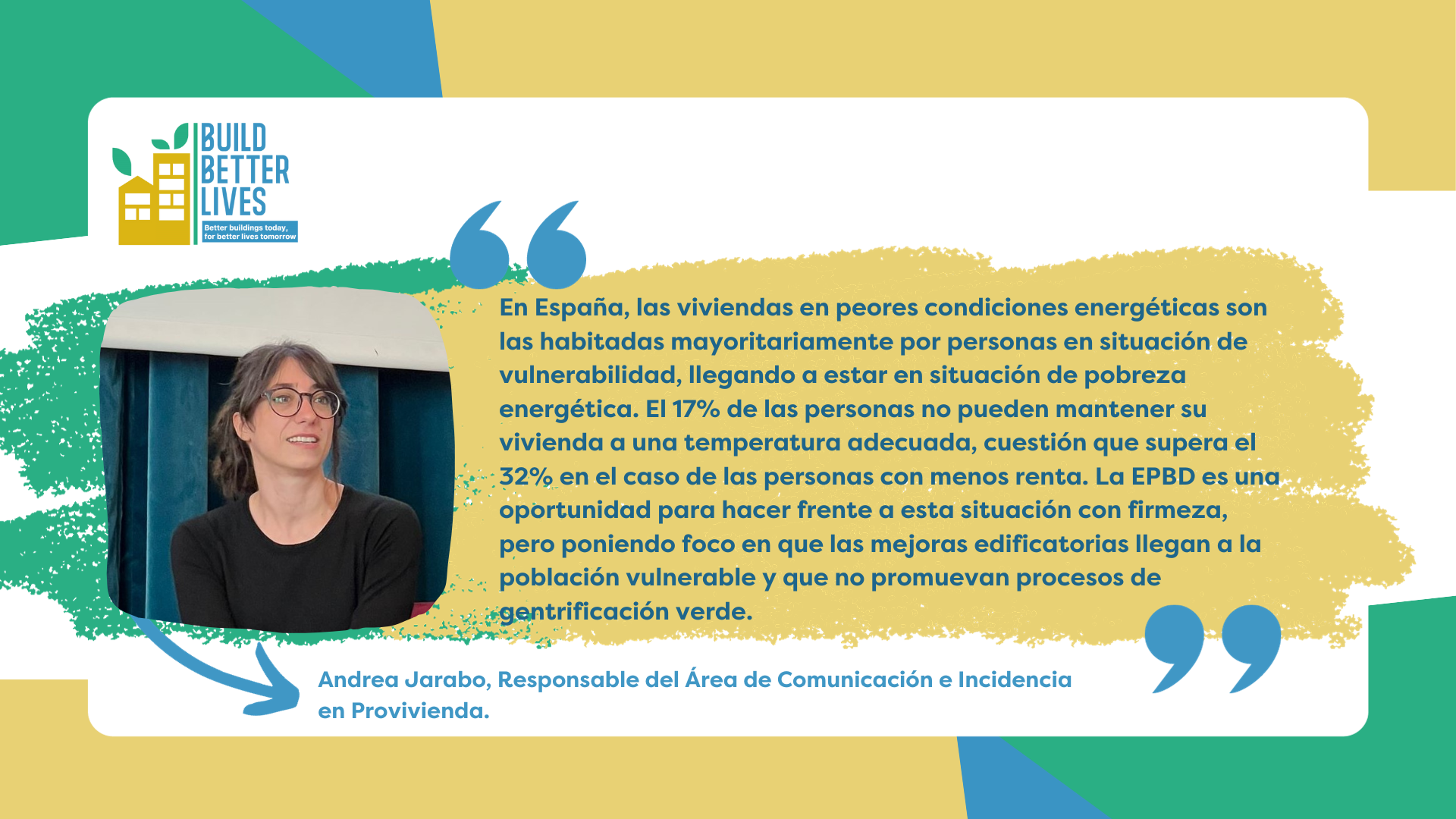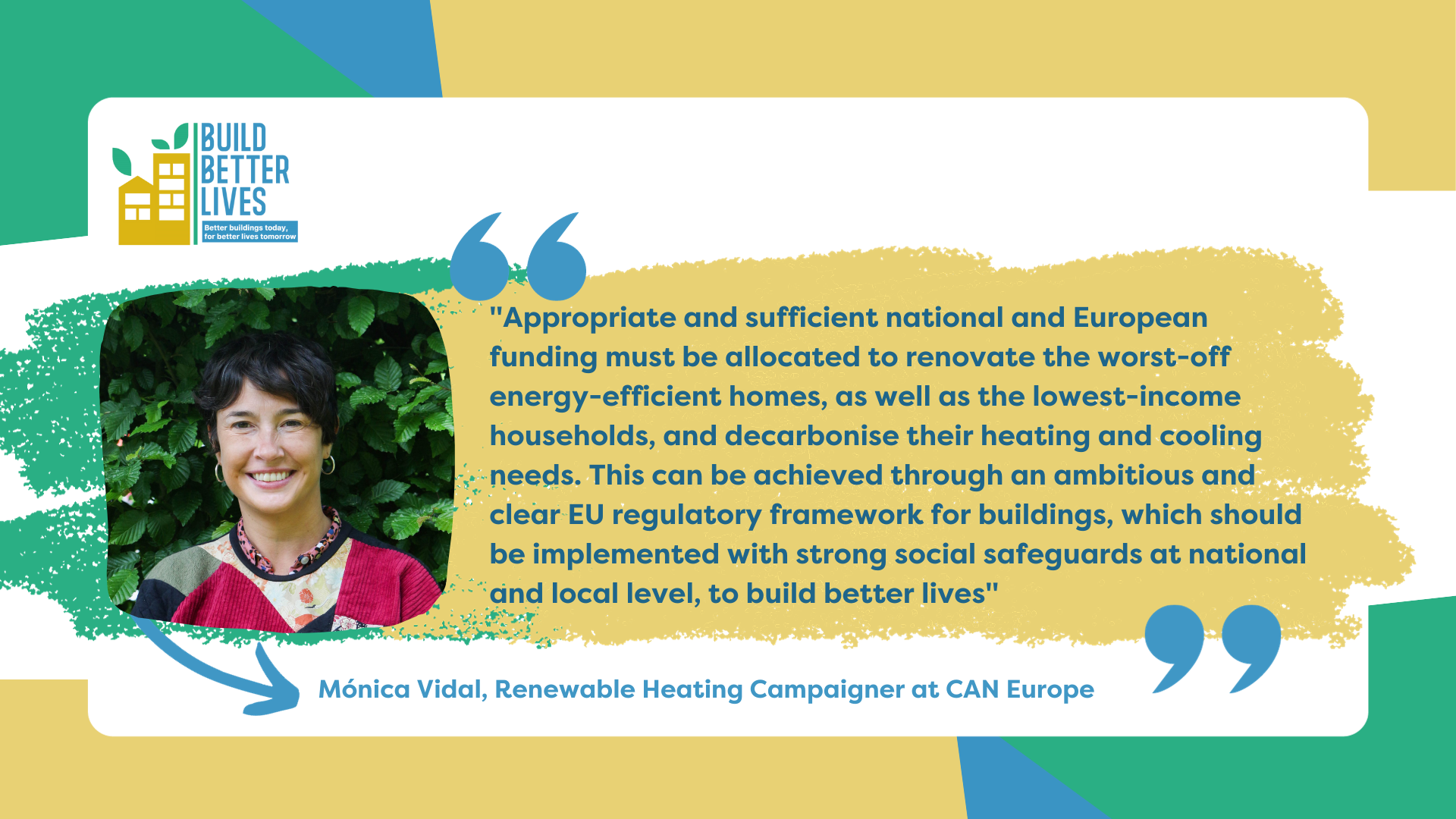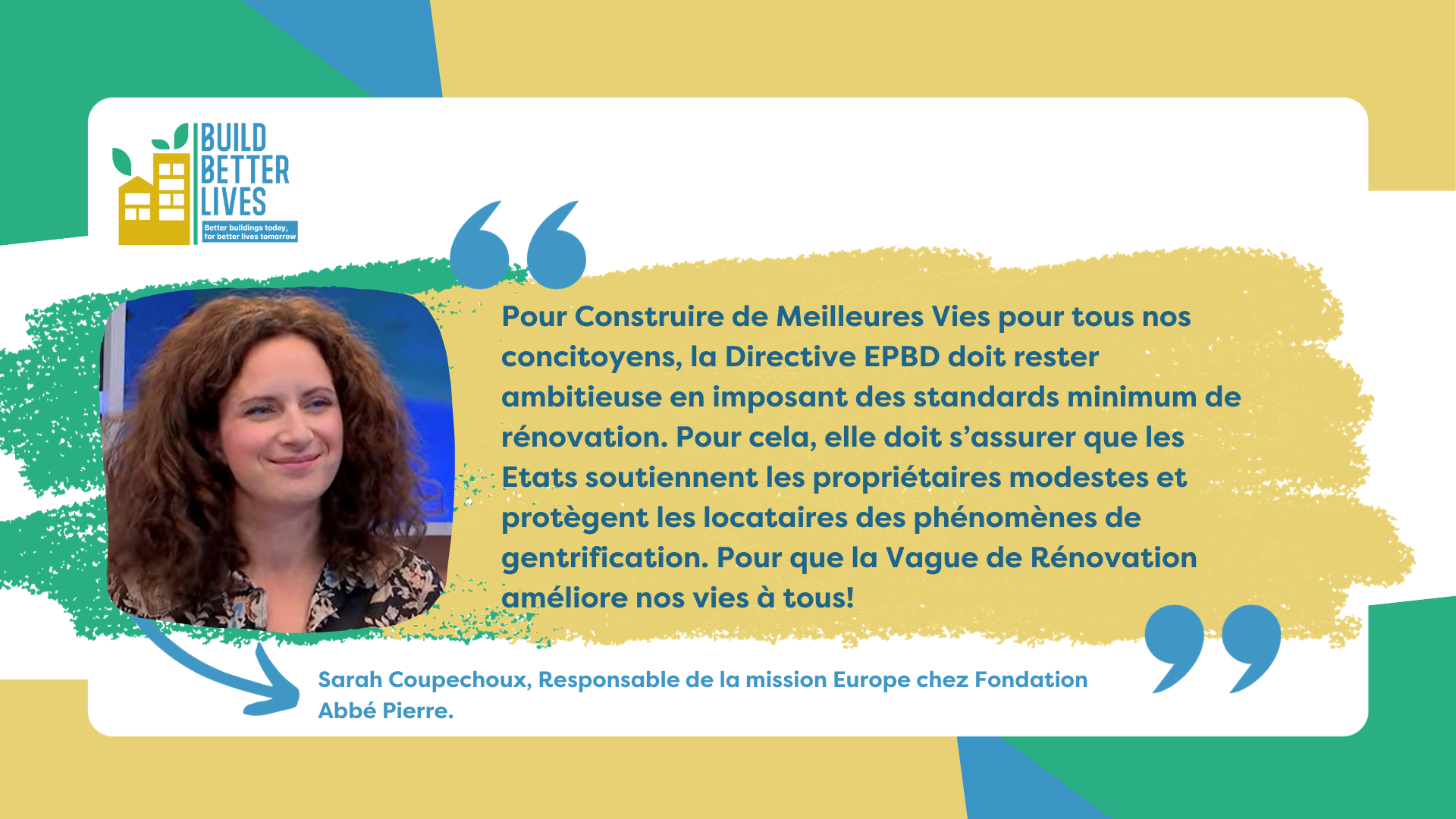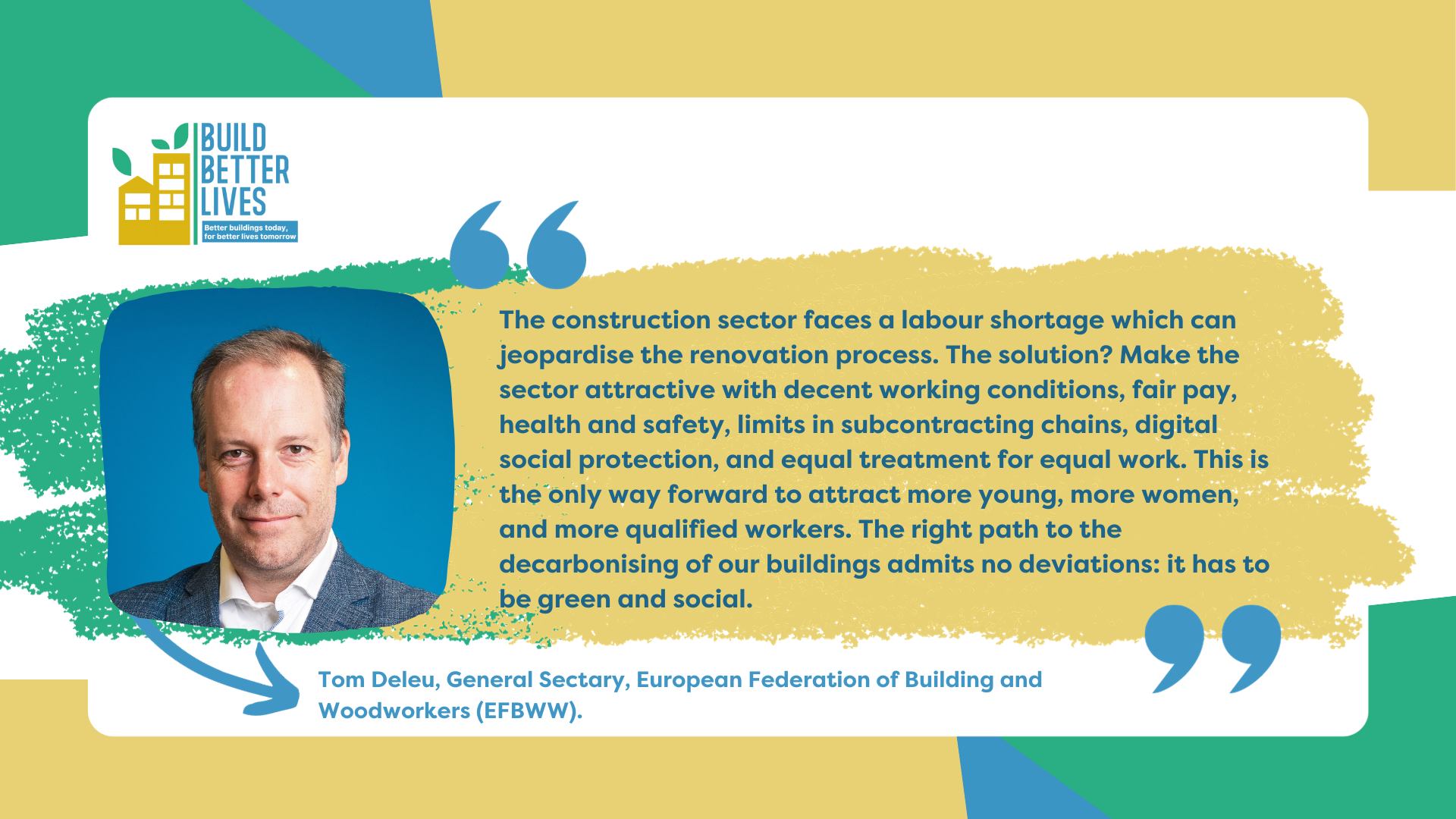A strong and clear regulatory framework needs to be implemented with equally strong social safeguards. The most vulnerable households must be made a priority in the deep renovation wave. By setting a minimum energy performance standard within the residential sectors, the worst-performing buildings can be brought up to a more acceptable energy rating. A higher energy rating can lead to a reduction in energy costs, energy consumption and energy poverty, while also reducing greenhouse gas emissions.
The ambition level of the EPBD is currently being negotiated between the EU Commission, EU Parliament & EU Council. This is a once-in-a-generation opportunity to push policy makers to support a strong legislative framework that prioritises improving the energy performance of the leakiest buildings and encompasses financial support, technical aid and strong social protection. Building better buildings today can build better lives for tomorrow.
